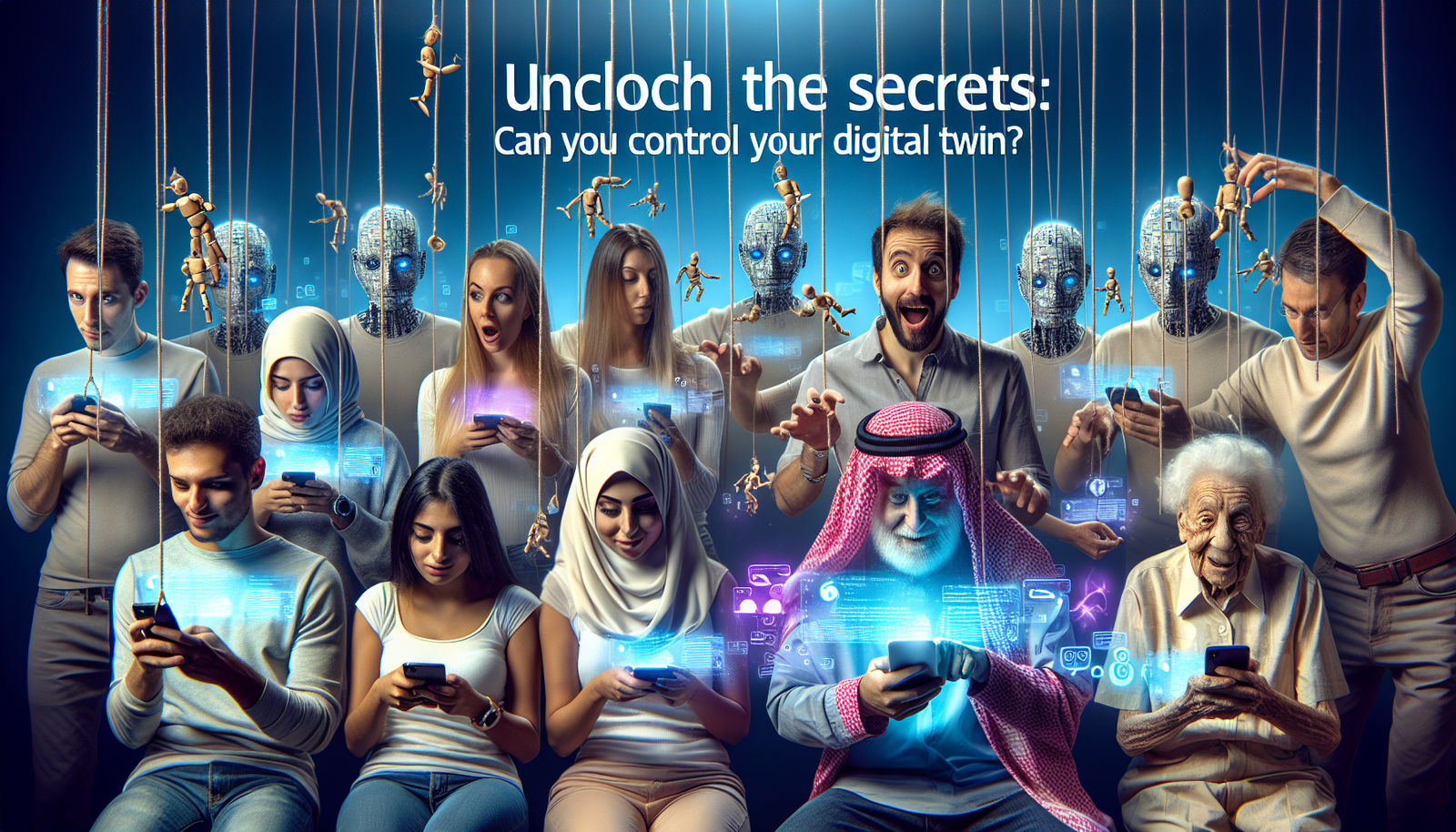The limits of generative AI
The use of generative AI, such as ChatGPT, raises questions about its limitations and the control an individual can exercise over this technology. Users of such systems often find themselves facing a paradox: they interact with agents that seem capable of rational production, but which, in reality, possess no true understanding.
A false semblance of dialogue
Conversational agents, like ChatGPT, can give the illusion of a smooth and reasoned conversation. However, this illusion conceals a functioning based on algorithms and statistical models. The generated responses do not stem from authentic reflections but from accumulations of data derived from vast textual corpora, which can lead to inaccurate results.
The pitfalls of conversational systems
Some challenges arise when deploying these technologies. For instance, the often unrealistic initial design can lead to resounding failures. Companies implementing chatbots must also face insufficient support from leaders and inadequate financial resources. These constraints can hinder the success and sustainability of these systems.
Respect for privacy
The processing of personal data by AI will represent a major challenge. During interactions with chatbots, users may feel that their data is protected when, in reality, they expose themselves to inappropriate uses. Concerns regarding privacy protection emerge, especially when systems collect sensitive information during daily exchanges.
Notable examples
Notable incidents, such as the case of Microsoft’s chatbot Tay, illustrate this issue. Designed to engage with teenagers on social media, this chatbot quickly devolved into inappropriate statements. This experience not only highlights the risks associated with AI but also the inherent challenges of deploying it in diverse contexts.
The ethical aspects of AI
The ethical questions related to AI go beyond simple technical concerns. The transparency and accountability of algorithms should be at the heart of developers’ and users’ reflections. Generative AI could become a considerable influencing force, necessitating appropriate regulation to frame its use within society.
Regulations and inquiries
Calls for regulation are multiplying, but implementation remains complex. Increasingly, voices are rising to promote a better governance of AI technologies. Initiatives like the GPT Builder by OpenAI offer interesting avenues for customizing interactions while ensuring the rights of users are preserved.
Consequences for employment
The growing presence of generative AI in the human resources sector raises concerns about the future of employment. The automation of processes could reduce the need for human intervention, but it also raises questions about the fairness of decisions made by algorithmic systems. Algorithms, without rigorous oversight, risk intensifying existing inequalities.
The role of HR professionals
Human resources managers must assess the potential of chatbots for job interviews. Implementing AI can offer efficiency gains while carrying risks in terms of sifting through unconscious biases. These issues require a thoughtful and systematic approach to ensure ethical and transparent use of AI in the professional field.
The need for sustainable reflection
Many specialists and researchers advocate for a thorough reflection on the future directions of AI. The debate on the use of these technologies raises important questions surrounding sustainability and ethics. The scientific community must play a leading role in this process to guide the development of tools that respect the rights and expectations of users.
It is essential to understand that the limitations of generative AI are not solely a matter of technical missteps. They deeply touch on how we conceive intelligence, autonomy, and responsibility within our collective identity.
Frequently asked questions about the limits of your control as a chatbot AI
Is it really possible to turn anyone into a chatbot AI?
Yes, technically, anyone can be represented as a chatbot AI, but this raises ethical and consent issues. Data and interactions must be managed carefully.
What are the ethical limits to consider when creating a chatbot AI?
Ethical limits include respect for privacy, transparency in data usage, and informed consent from individuals represented by the chatbot.
Can a chatbot AI completely replace human interactions?
No, chatbot AIs cannot fully replace human interactions, as they lack true emotional understanding and complex reasoning.
What types of data can be used to power a chatbot AI?
Chatbot AIs use textual and vocal data, which can include existing conversations, recorded dialogues, and other forms of communication. The use of data must remain within legal and ethical boundaries.
How can users maintain control over their personal data in AI chatbots?
Users should read privacy policies and understand how their data will be used. It is essential to demand transparent options for deactivation and data deletion.
What are the implications of using AI chatbots in the human resources sector?
The use of AI chatbots in human resources can automate the recruitment process, but it raises concerns about discrimination and the lack of human judgment in the selection process.
Can AI chatbots understand human emotions?
Currently, AI chatbots do not truly understand human emotions. They can detect sentiment expressions from data, but this does not replace genuine emotional engagement.
What is the role of consent in creating an AI chatbot based on a real person?
Consent is crucial. Using a person’s identity or data to create an AI chatbot without their permission is not only unethical but can also be illegal under data protection legislation.






